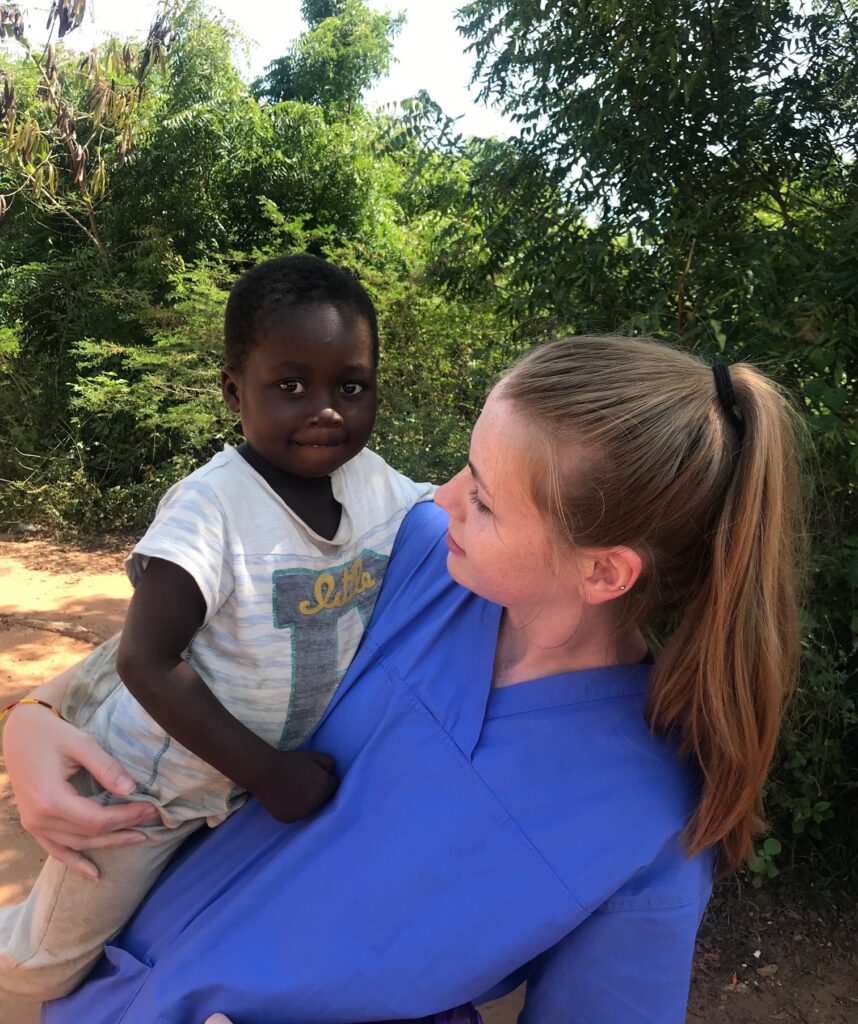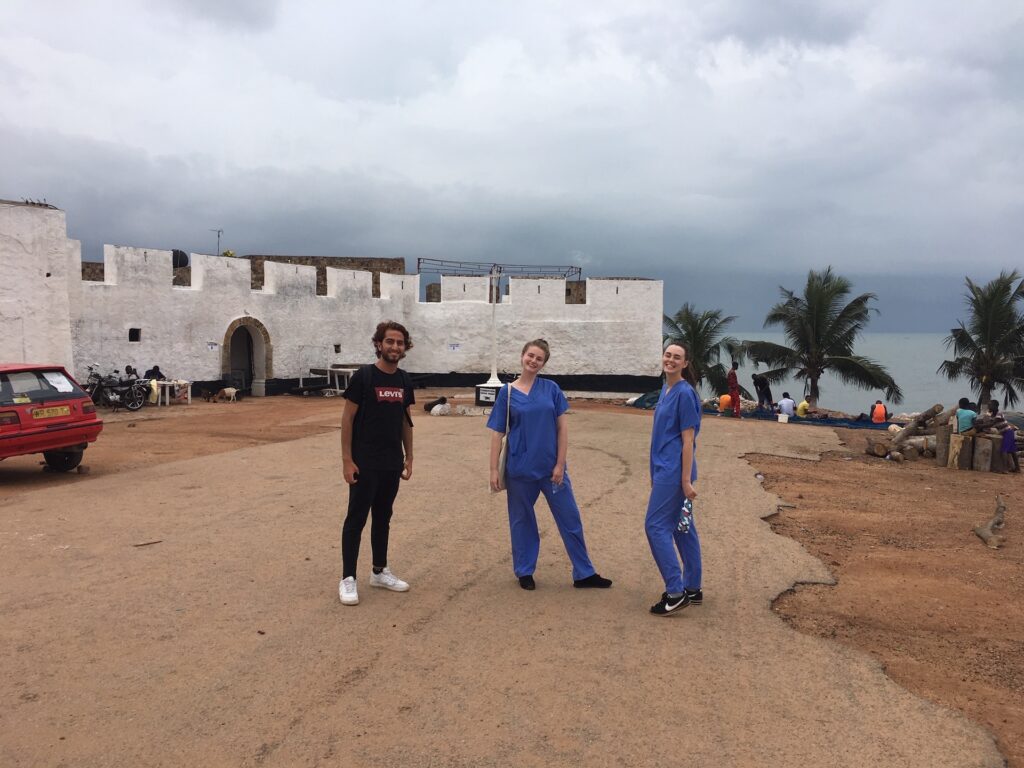Nurse Electives for Medical Students in Africa
We’re committed to making sure we’re doing good medical work at each of our sites.
We chatted with one of our medical volunteers, Rosie, who has volunteered three times with us in Ghana as part of our medical elective in Africa.
We cover, Common health problems in rural areas, treatment paths, outreach programmes and reaching patients in the wider community. As well as, education around symptom diagnosis and cultural challenges around sickness/illness.
Challenges in Healthcare in Rural Africa
The most common issues facing Ghanaians, especially children, are;
- Malaria
- Malnourishment
- Seizures
- Treatment of open wounds
It is believed that the seizures are a result of malnourishment, inflicted by consuming either too much or too little sodium in one’s diet. The staff at the clinic are quite knowledgeable on how to handle these issues.
However, these seem to be the only issues they are knowledgeable on. Since these are the ailments that clinic workers have been trained to treat, these are what they treat patients for, regardless of their actual ailment. This can lead to ineffective treatment of certain patients.

Community Healthcare Outreach
One of the biggest issues facing the clinic is community member’s hesitancy to go to the clinic.
This a result of multiple factors, two of the largest being;
- High prices of treatment
- Negative cultural attitude towards illness
To confront this problem, the clinic has begun going into the village to try and reach out to community members. Moving into the communities and making healthcare more accessible may encourage more people to seek out medical attention when it’s needed.
In addition to raising awareness of symptoms and signs of illness, many residents are not aware of basic preventative measures that could help stop illness before it starts.
‘Many people in Ghana get sick and remain sick due to a general lack of education regarding healthcare.’
Medical Electives; Health Education
- Most people are not taught what symptoms to look for when they become sick, so they do not realise what is actually wrong with them.
- They can also misjudge or misinterpret things that are more serious than they may appear. For example, there was a young boy that Rosie worked with that got a terrible case of Malaria that was diagnosed much later than it should have been. Why? Because the boy was new to the village and people thought he was just sulking, so they did not bring him into the clinic.
- Making people aware of symptoms will help them better spot illnesses and seek out medical care for themselves and others.
Anything from teaching children how to properly use malaria nets and giving them the right equipment to set them up, to teaching people how to properly dress minor wounds to avoid infection can prevent a huge number of illnesses and potentially deaths. This education needs to be shared not only with children, but with parents as well.
Medical Electives; Equality challenges
There is often also unequal treatment of patients due to varying degrees of resources and training.
Different nurses and doctors come equipped with different skills and different tools, meaning the treatment one resident receives may be completely different than the treatment someone else with the same affliction receives.
Culture Shock on Your Elective Placement
In addition to a lack of education about illness, many residents of Ghana also have negative cultural attitudes in regards to illness or poor health.
Admitting illness can often be construed as a sign of weakness in Ghanaian society, preventing people from seeking medical care when they very often need it.
They have a much more relaxed attitude towards illness and injury, meaning they often don’t come in until symptoms are life threatening and could have been treated much sooner when they were less
“Education is key in all areas of healthcare, from basic hygiene to sexual health awareness, and it would be extremely beneficial to provide this kind of education for the citizens. Developing some type of medical education programme that would provide this education is crucial to improving healthcare in Ghana.”

It would also be beneficial for healthcare professionals to better explain treatments to their patients. Currently, many doctors and nurses work without explaining to the patient what they are doing or why. By explaining their work, teaching their patients the effects of their work, and teaching them preventative care, their work could have a much more lasting and impactful effect.
With this also comes teaching people that it is alright to seek out help if they need it. As mentioned earlier, there is an overriding attitude in Ghana that being sick or injured is a sign of weakness. By teaching people the realities of sickness and encouraging people to seek help if and when they need it, doctors and nurses will be able to treat people as soon as possible, greatly increasing chances of recovery or even survival.
For now, we will do our best to ensure that the citizens are provided with the best healthcare available. We will continue sending passionate, able volunteers to Ghana to work on continuously improving the clinic and overall medical care in the area. From this we will be able to continue to better healthcare in Ghana.
Would you like to Volunteer with us on our medical elective placements or know more?
You can read more about Vocational Impact here.
Questions? Would you like to participate? That’s great – feel free to email us or call/whatsapp us on: +44 (0) 7704 129 816
Alternatively, send us a request for more info to begin the process of volunteering, and we’ll be in touch with more details!



